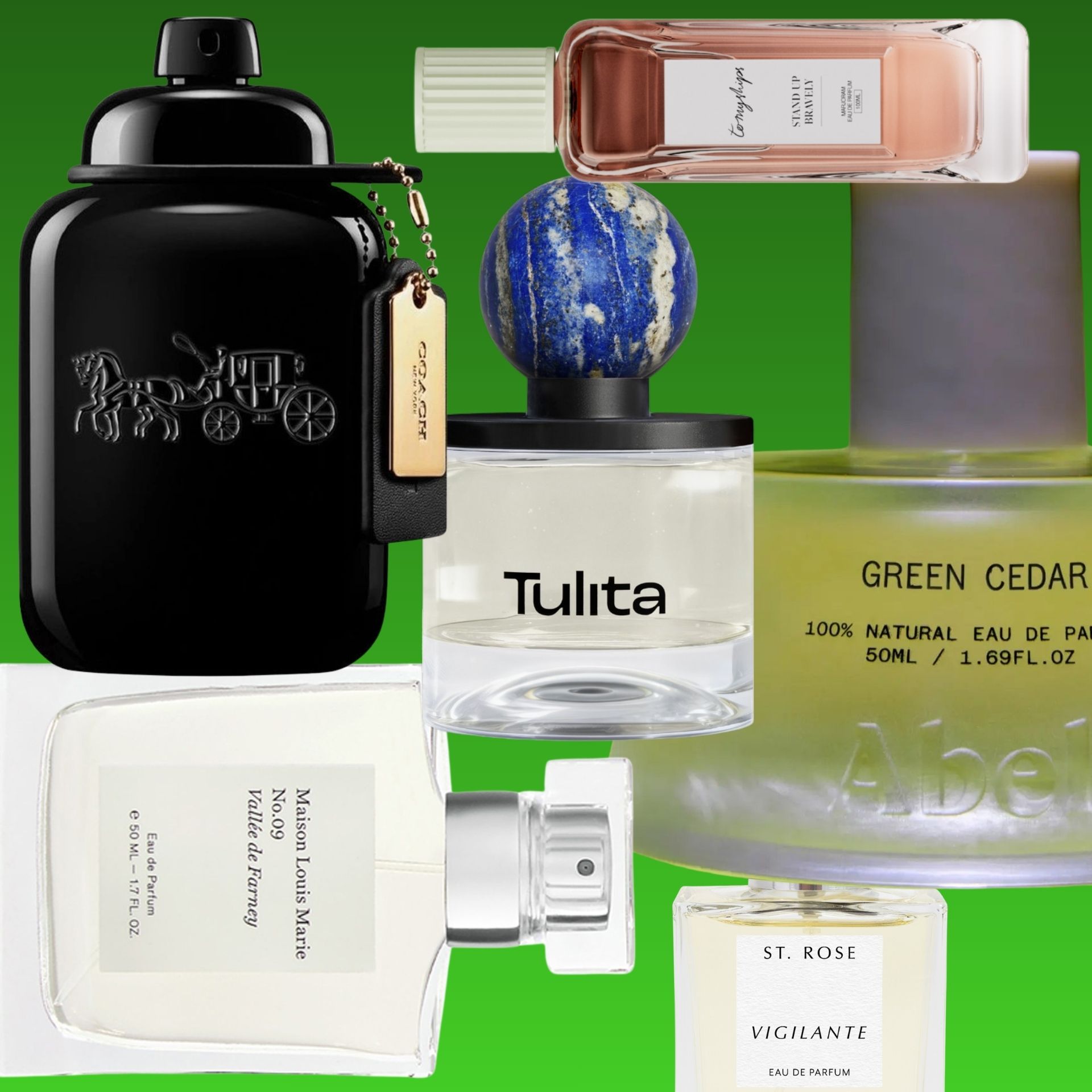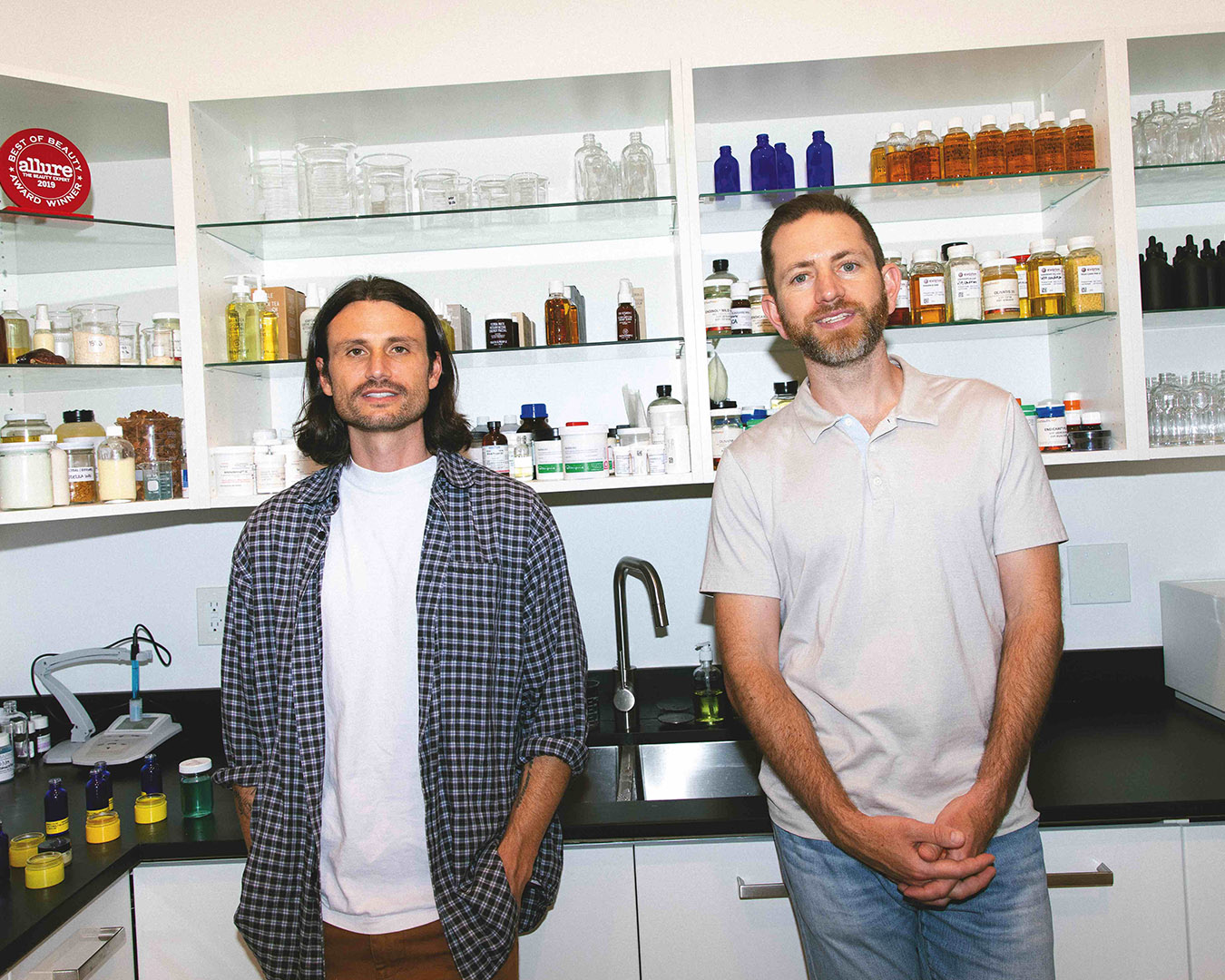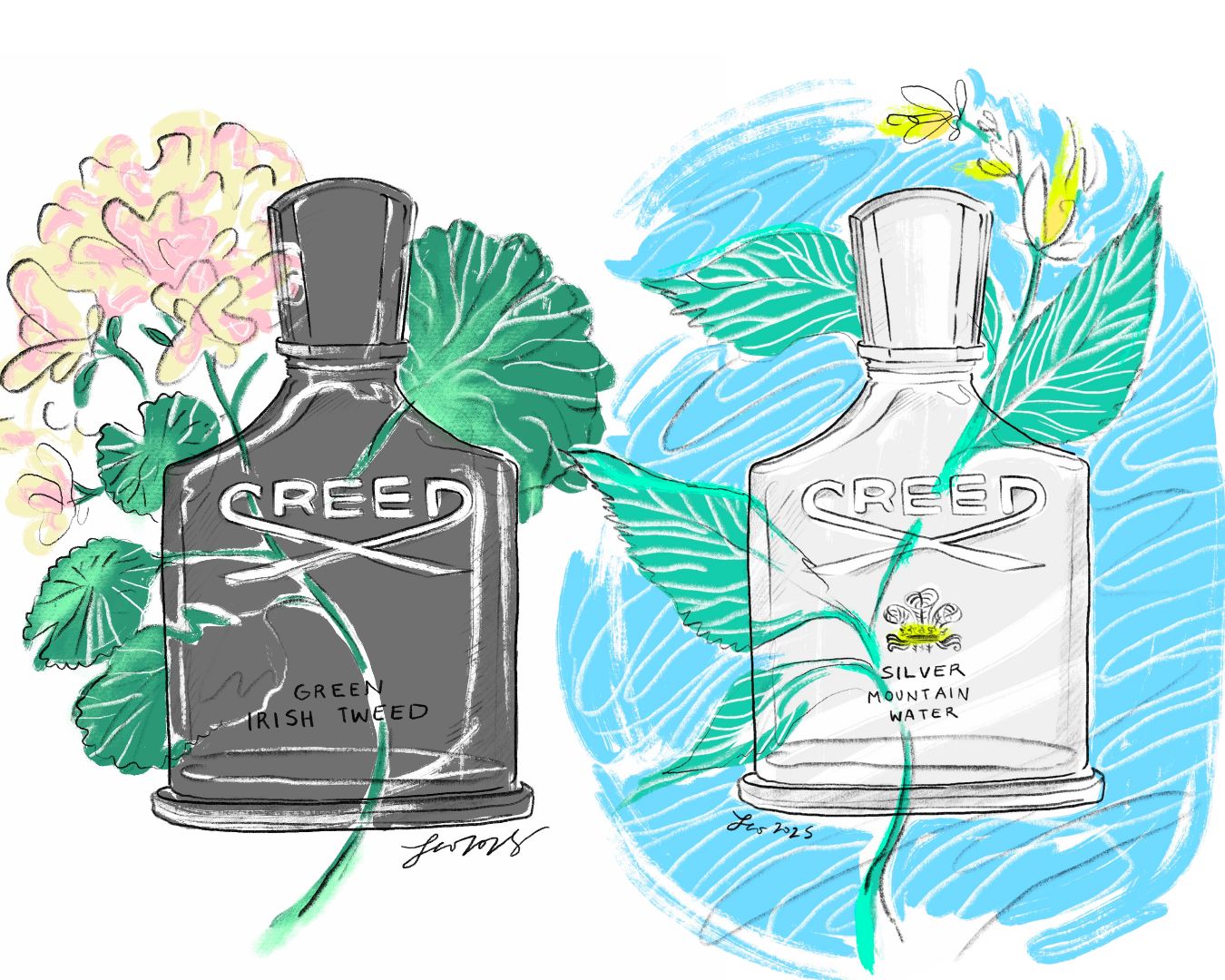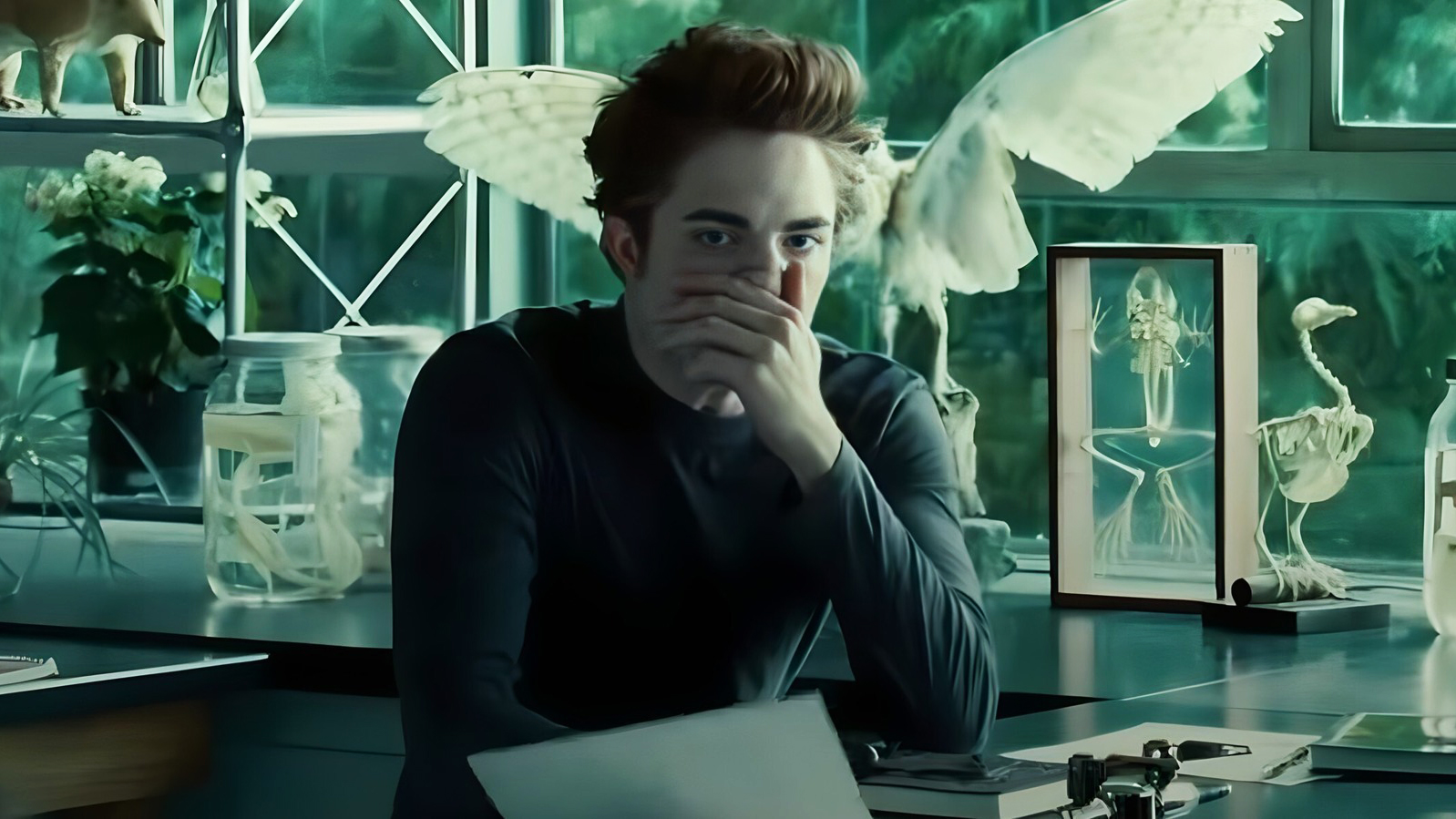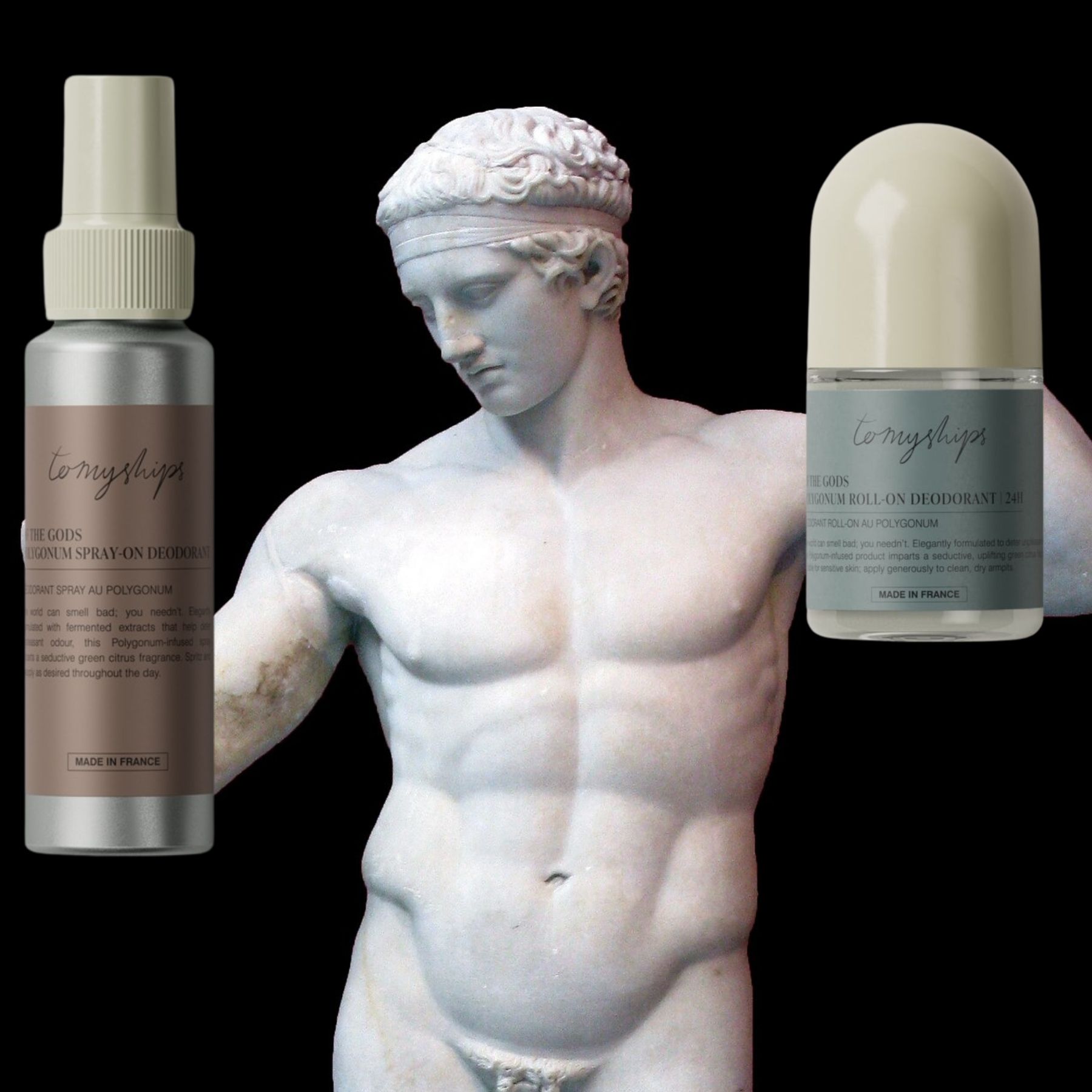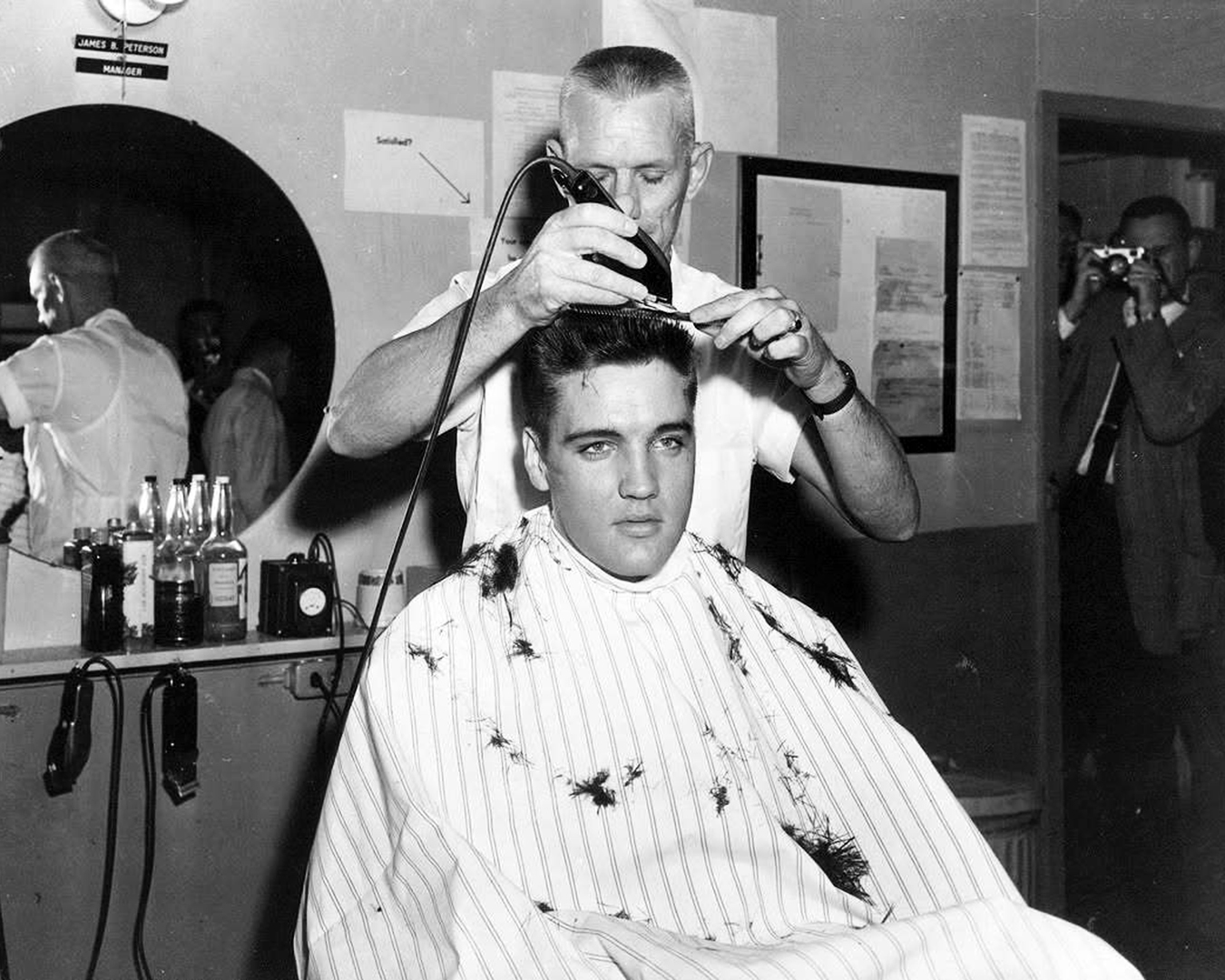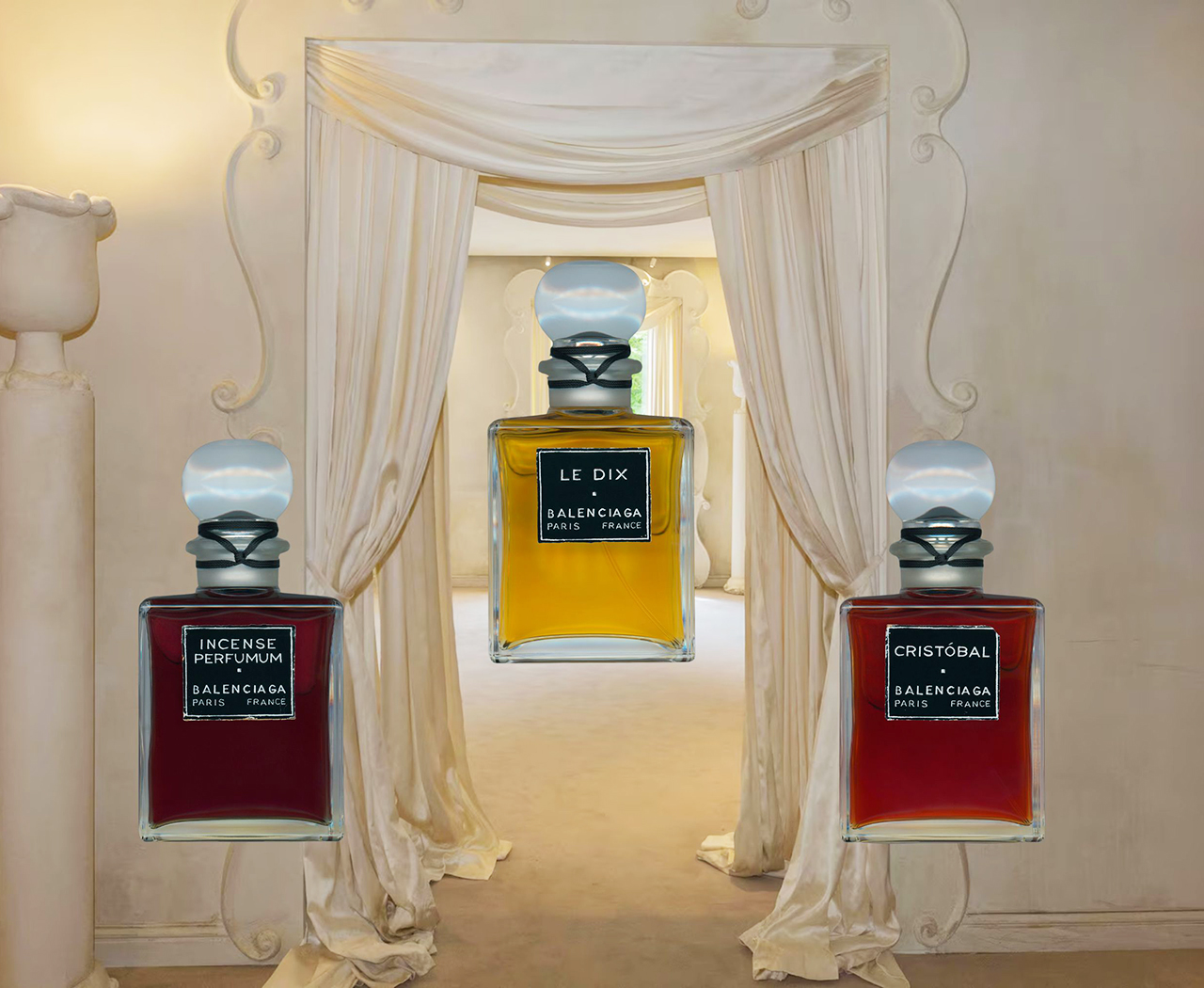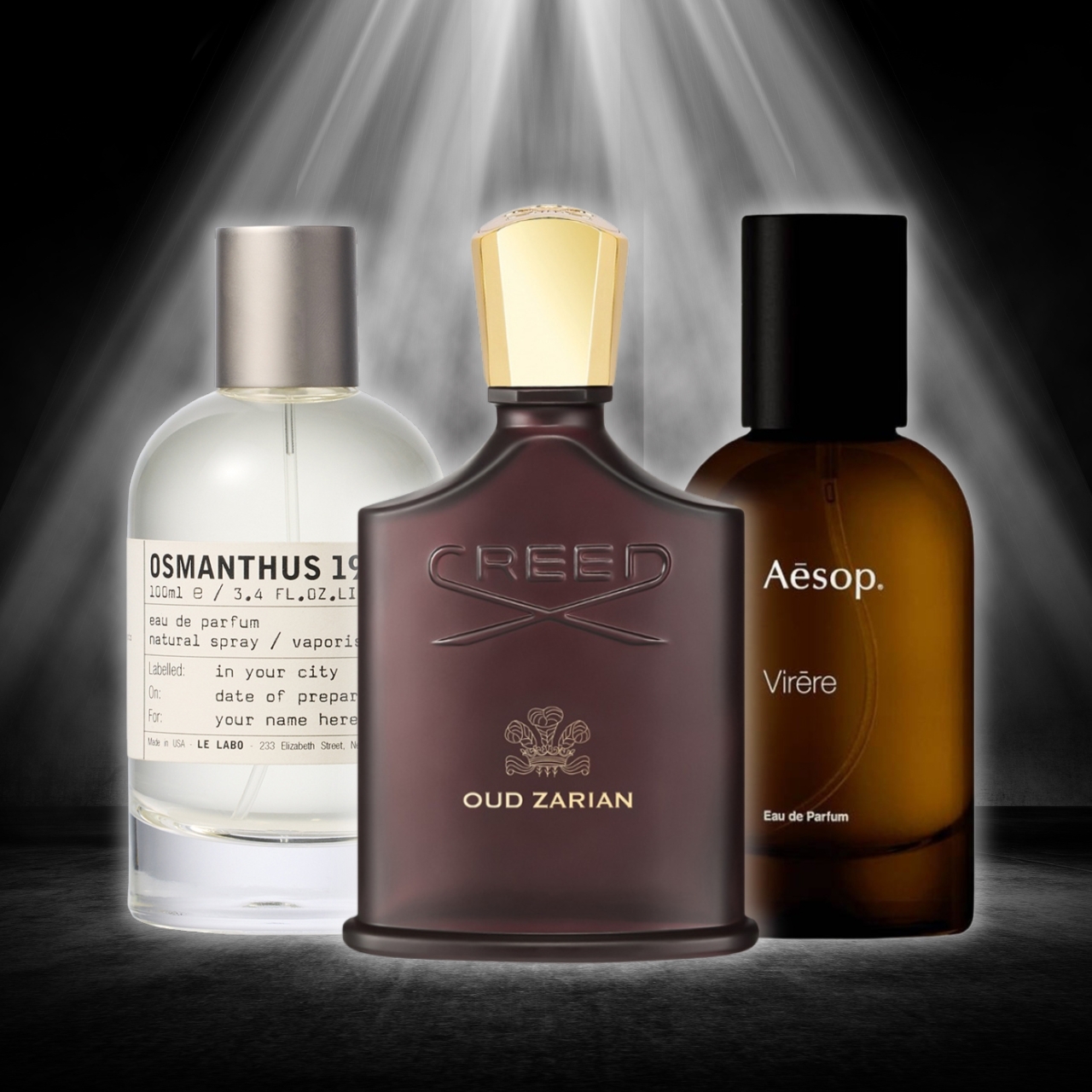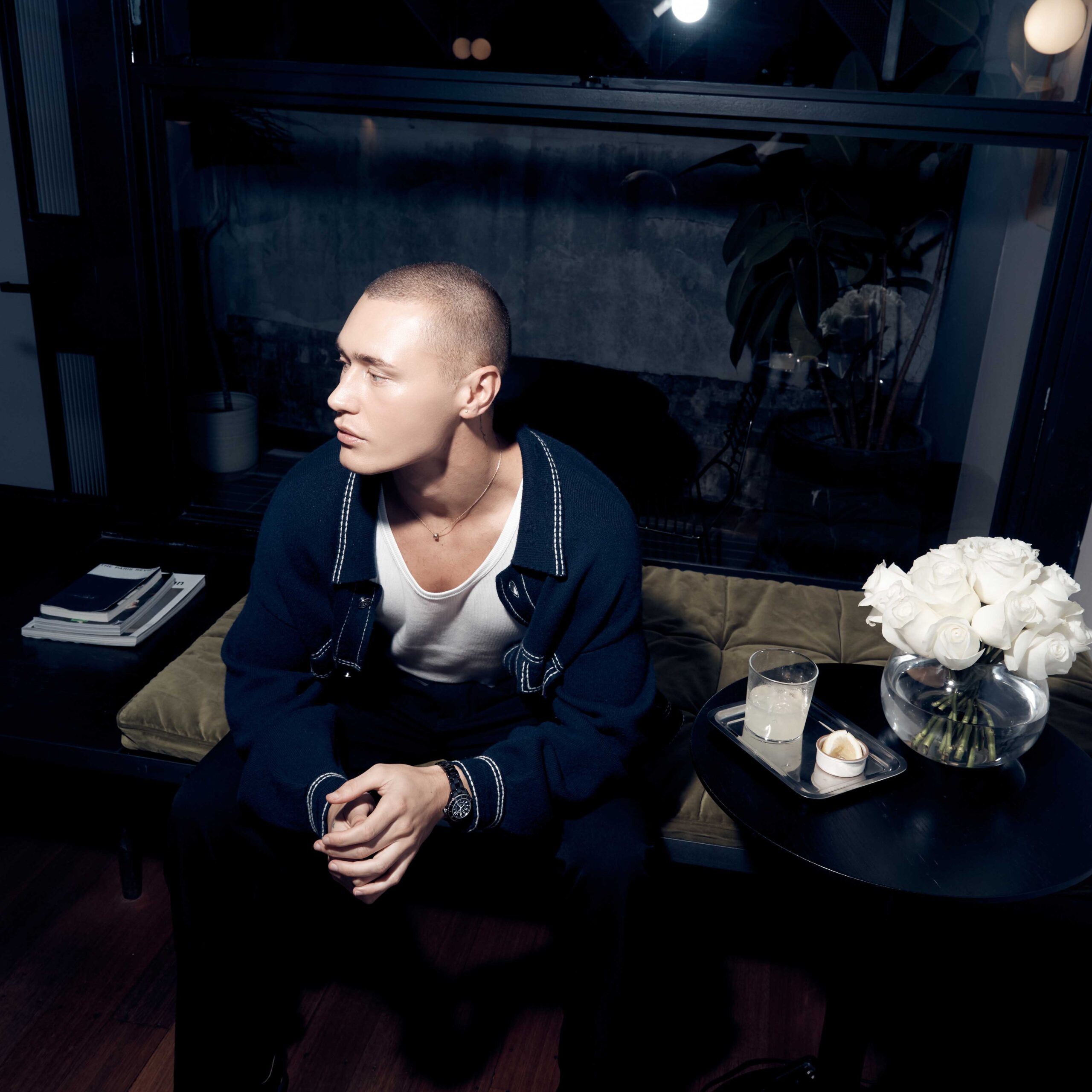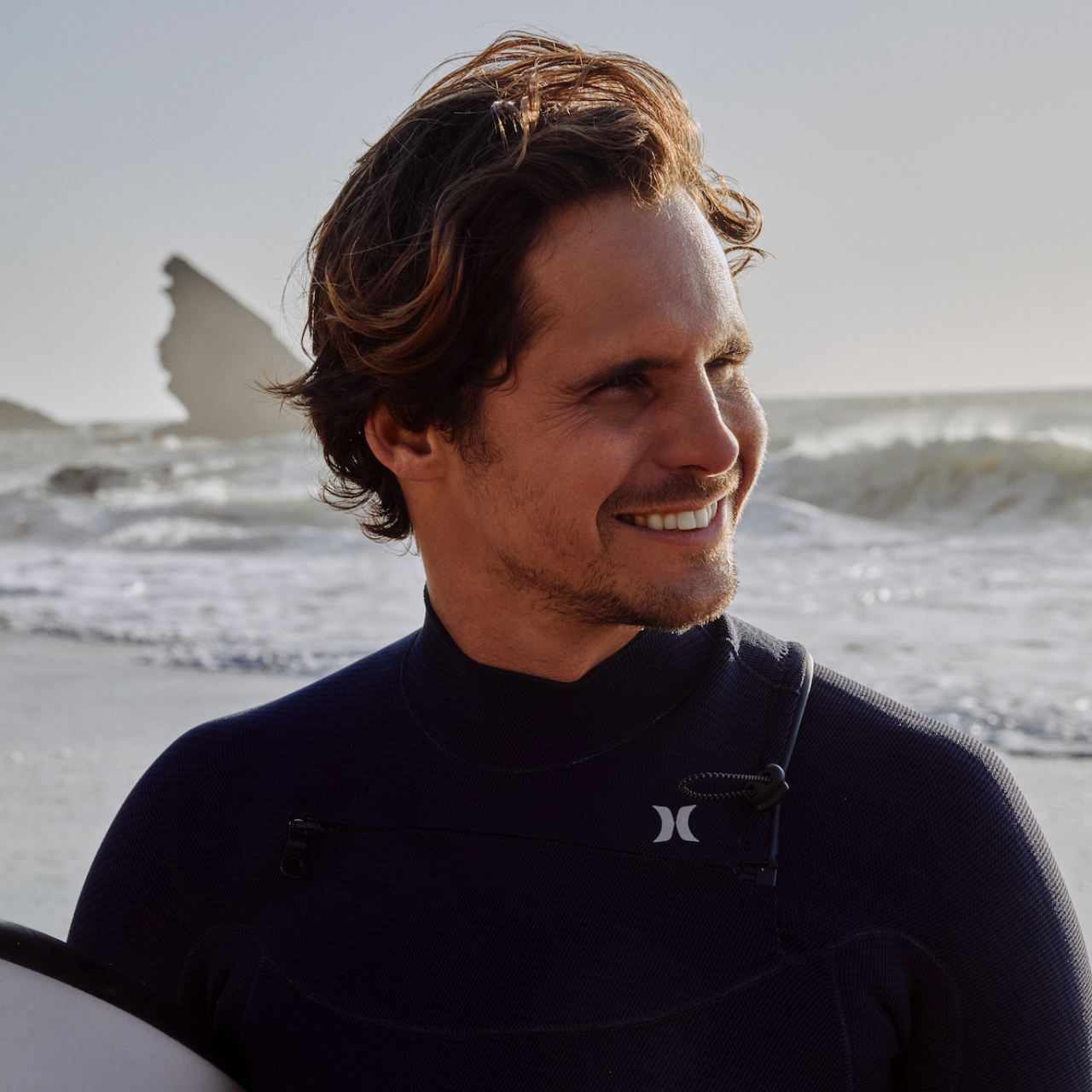It's skin check season
Skin cancer kills more men than women, and sun damage accumulates over time. With the weather heating up, now's the time to book your next check.

BY NOW, WE SHOULD ALL KNOW that Australia has the highest rate of skin cancer in the world, with two in three of us diagnosed with during our lifetime. What you might not know—but also should know—is that, according to the Cancer Council, it’s estimated that almost twice as many man are likely to die from melanoma than women, just this year alone.
Australian men, quite simply, are failing themselves in the sun protection department. We are not wearing enough SPF or reapplying as often as we should; we’re not regularly using all five forms of sun protection when the UV index is 3 or higher (sunscreen, hat, sunglasses, clothing protection and seeking shade) and we’re not getting their skin checked often enough. This isn’t an opinion; it’s fact held up by decades of research that’s led to many an urgent call from the Cancer Council for men to start really considering how they protect their skin.
“Not only does our research indicate that Australian men aren’t being safe in the sun, it also shows that almost half (47%) of men often or always spend time outside during peak UV hours throughout summer,” Cancer Council Australia’s Director of Cancer Control Policy, Megan Varlow said in a statement last year after scary new findings around males and skin cancer emerged. “This tells us that more needs to be done to remind people of the easy steps they can take to reduce their risk of skin cancer every day.”
As the saying goes, there’s no time like the present. This statistic can be reduced, starting this week as National Skin Cancer Action Week kicks off. French skincare brand La Roche-Posay and Skin Check Champions are making it even easier, by offering free full-body skin checks, as part of an ongoing tour of the country that will continue throughout the next year. If you’re located in Sydney or Victoria, you can book in your free skin check over the next week via the official La Roche Posay website, but, in a positive sign, spaces are filling fast.
Even if you’re the type to make excuses, know that the effects of the sun culminate on our skin over time —so you’re not exempt from being a statistic. “I see people all the time who say, ‘I don’t go in the sun’ or ‘I don’t burn easily’; not understanding that even DNA damage caused by previous sun exposure in childhood, teens or twenties can lie dormant in cells,” offers dermatologist Dr Cara McDonald. “Every time those cells divide, there’s a risk of a mutation—if your body isn’t good at checking for mutations, you may pay for the damage you had earlier.
That’s why it’s essential to have regular skin checkups, no matter how exposed to the sun you think you are.” McDonald adds, “Skin cancer does not discriminate. We also suggest self-monitoring for changes to the skin using the ABCDE method to identify suspect lesions with the naked eye.”
See where the La Roche Posay mobile skin check clinic is headed next over at laroche-posay.com.au.
Related:












